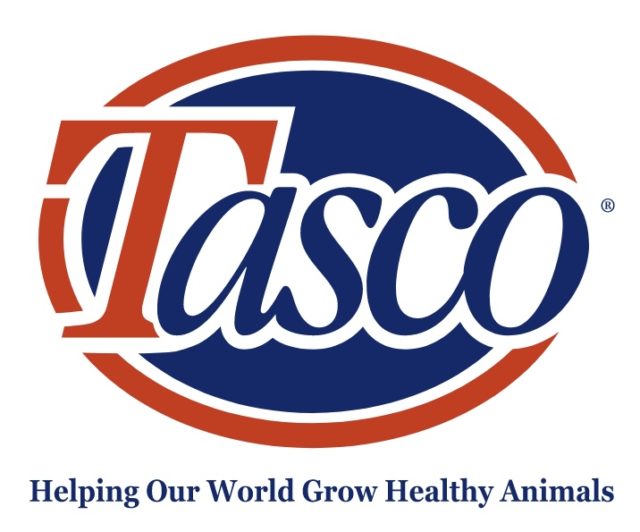Milk is an excellent source of vitamin B12. A glass of milk (250-millilitre serving) provides approximately half of the recommended daily intake of this vitamin for an adult.
What’s more, the conclusions of research studies, some of which were financed under the Dairy Research Cluster 2 (2013-18), found that vitamin B12 is much better absorbed when consumed in cow’s milk than when taken in vitamin supplements, and that cheddar cheese is one of the best natural sources of vitamin B12 after cow’s milk.
Christiane Girard, research scientist at the Sherbrooke Research and Development Centre, and her team of collaborators conducted their studies using pigs, which have a very similar digestive system to that of humans. The researchers gave pigs either cow’s milk or vitamin B12 supplements to compare the absorption rates of this vitamin. They found that vitamin B12, which is naturally present in cow’s milk, is absorbed two times better than synthetic vitamin B12.
The research team also investigated whether vitamin B12 in other types of dairy products is better absorbed than a synthetic supplement is. For comparison purposes, pigs were given a meal of cheddar cheese, Swiss cheese, yogurt, tofu (completely free of vitamin B12) or tofu with added synthetic vitamin B12.
They compared the levels of vitamin B12 in the pigs’ blood in the following hours and discovered that cheddar cheese wins hands-down over tofu enriched with synthetic vitamin B12. Vitamin B12 from the cheese was two times more bioavailable than the synthetic vitamin B12 in the enriched tofu. Cheddar cheese is, therefore, one of the best natural sources, after cow’s milk, of vitamin B12.
Source and function of vitamin B12
- Vitamin B12 is present only in foods of animal origin, such as meat, poultry, fish, seafood, eggs and milk products. It can also be found in few plant foods fortified with this vitamin.
- Vitamin B12 is essential for neurological functions and the growth and division of cells, including red blood cells.
- Vegetarians, especially vegans, older adults and pregnant women are more at risk of vitamin B12 deficiency.
Editor’s note: This article contains extracts from a text published online by Agriculture and Agri-Food Canada.
Canadian Dairy Research: For a profitable, innovative and sustainable sector, Dairy Farmers of Canada (DFC) invests in research to stimulate productivity, sustainability and profitability on farms and to improve knowledge on dairy products’ health benefits. DFC finances research initiatives that benefit dairy farmers across Canada and works in collaboration with its members and other sectorial partners to address farmers’ priorities set in the research and knowledge translation, and transfer national strategies. Visit dairyresearch.ca for more information.











